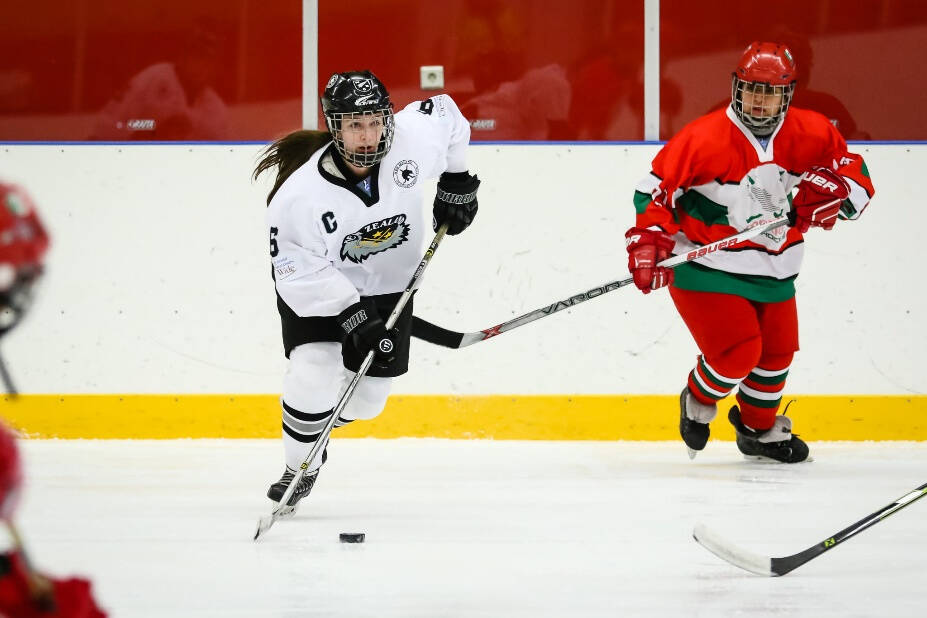Head injuries in spotlight at Fieldays: Research heavy-hitters share crucial knowledge with rural community
With brain injuries a hot topic right now – and growing awareness of neuro health in general – some of the country’s top experts are hitting Fieldays to share insights with the rural community.
Visitors to BrainSpace in the HealthHub will have the rare chance to chat face-to-face with some of New Zealand’s brightest scientific minds to learn the latest about concussion, advances in preventing and treating neurological conditions, and proven tips for brain health.
Brilliant researcher Dr Helen Murray (whose recent breakthrough in chronic traumatic encephalopathy made international headlines) and renowned Professor Maurice Curtis – both from the University of Auckland’s Centre for Brain Research (CBR) – will join AUT Professor Alice Theadom (Director of the Traumatic Brain Injury Network), and University of Auckland Professor Peter Thorne (co-lead of the Aotearoa Brain Project), to share their knowledge at different times across four days.
Other neuro-researchers from the CBR and the University of Otago’s Brain Health Research Centre will also be on the stand during Fieldays, along with representatives from Headway – Brain Injury Auckland and Migraine Foundation Aotearoa NZ.
The Neurological Foundation’s chief executive, Rich Easton, says this is a great opportunity for the rural community to access evidence-based information directly from people at the cutting edge of neurological research.
“Harm cause by traumatic brain injuries and concussion has been in the news lately, especially with the ‘run it straight’ craze. It’s also linked to sporting and workplace injuries, and is of huge interest to many people,” says Rich.
“We know that those living in rural communities are very interested in reducing risks prevalent in rural lifestyles, so these researchers will be sharing the most up-to-date information at our stand.
“These incredible researchers are available to chat to Fieldays attendees because they really value the rich, deep face-to-face conversations that occur. It’s an important two-way exchange,” he says.
“If you drop by BrainSpace, you might be able to spend a few minutes with an exceptional researcher. You’ll also be able to learn top tips for brain health and come away feeling empowered to take steps that could make all the difference for yourself and your whānau.”
This is the fourth year at Fieldays for BrainSpace – a collaboration between the Neurological Foundation, The University of Auckland’s Centre for Brain Research and the University of Otago’s Brain Health Research Centre.
For a detailed timetable or to arrange an interview, contact Glenda.Kane@neurological.org.nz






